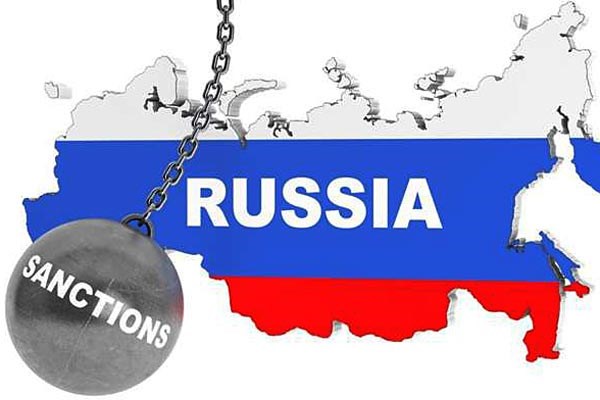EU extends sanctions against Russia
President Petro Poroshenko announced that the EU has decided to extend the economic sanctions against Russia.
“It is an important political decision by the leaders of the EU to continue the economic sanctions against Russia for violating the territorial integrity of Ukraine and being unwilling to stop the hybrid aggression against our country. It is a suitable response to Moscow for not meeting her obligations and a clear call for changes in the Kremlin’s policy,” Poroshenko wrote on Facebook.
The President thanked German Chancellor Angela Merkel and French President Emmanuel Macron as partners in the Normandy Format, as well as members of the EU, for decisively supporting Ukraine and for adamant unity and solidarity in the face of aggression.
The primary sanctions affecting Russia’s energy, defense and finance sectors will expire at the end of January 2018. These were the restrictions introduced on July 31, 2014, in connection with the annexation of Crimea and the developments in Eastern Ukraine. The sanctions affected companies in the defense, energy and finance sectors. Notably, banks with state involvement were placed under sanctions (Sberbank, VTB), as well as the major oil and gas companies (Rosneft, Gazprom Neft, Transneft). The last time these sanctions were extended was July 28, when they were extended until January 31, 2018.
The restrictions affect the banks’ and companies’ access to European financial markets, and involve an embargo on the trade of Russian-produced weapons and a ban on the shipment of dual-use items to Moscow.
Alongside the sector-specific sanctions, the EU has introduced individual sanctions against the Crimea. In September the duration of the individual sanctions was extended until the middle of March next year. The restrictions related to the peninsula’s economy will be in force at least until the end of June 2018.
